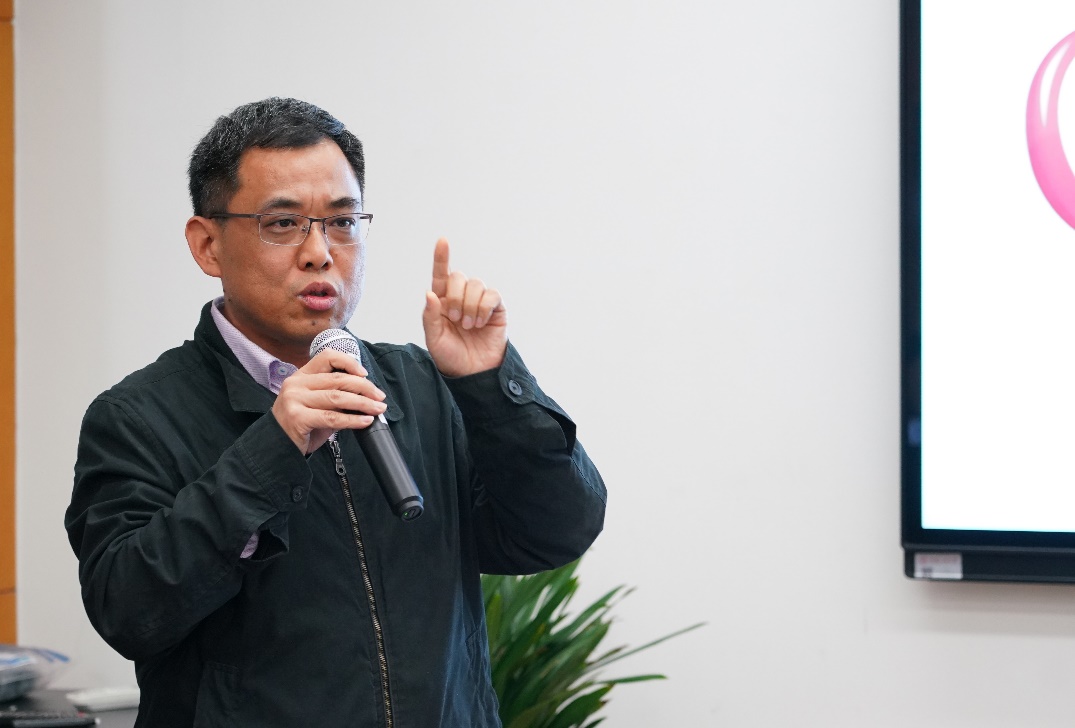04
Jan
The "14th Five-Year Plan" is a "window period" for Beijing to actively respond to the aging population. Different from other provinces and cities, Beijing, as the capital of our country that is heading towards the great rejuvenation, plays an important role in the national strategy regarding the aging population.It is necessary to accuratelyunderstand its strategic implicationsand essence, identify the center of efforts, and pinpointthe direction of breakthrough.
1. Accurately grasp the essence of the implementation of national strategy in Beijing
The implementation of the national strategy on the aging population in Beijing is the inherent requirement of realizing the modernization of the capital's governance system and capacity, and the inevitable requirement of trying a new path for dealing with the aging of population in densely-populated economic area. It is of strategic significance for Beijing to respond actively to the aging of population: to better deliver the goals set forth in the 14th five-year plan and those promised to be completed by 2035 proposed by the Plenary Session of the Beijing Municipal Committee of the CPC.
2. Accurately grasp the characteristics and long-term development trend of the aging population
People born in the 1960s will be an important part of the elderly population. By 2035, the number of the elderly registered in Beijing will see an accelerated growth and the demographic structure will also be aging. It is necessary to attach great importance to population safety, implement a safer, more resilient, open and inclusive population balance strategy, moderately slow down the aging process, tap the urban population dividends and development potential, stimulate the urban development motivation and internal vitality, and cultivate sustainable core competitiveness.
3. Strive to break through the bottleneck and weak links in the construction of social elderly care service system
The "Post-60s" represent a new elderly group who has more and higher needs for health and safety, social participation, cultural life, community communication across time and space, self-value realization, etc. We should make great efforts to grasp the new needs and characteristics in such a critical transitional period and the new problems impairing the rights and interests of the elderly, address the imbalance and insufficiency in the development of the elderly service, strengthen the city’s capacity to provide services, ensure the smooth and orderly operation of society, and protect the lawful rights and interests of the elderly to the maximum extent. We should reform and improve the financial investment mechanism for elderly care, improve the system and mechanism for raising funds for the aged through multiple channels, and speed up the establishment of a tailored long-term nursing insurance system catering to its best ability to the capital.
4. Strive to break through bottlenecks and weak links in the construction of elderly health service system
We will give priority to ensuring the health and safety of the people and promote the construction of healthy Beijing on all fronts. We will strive to build a health service system oriented to the entire population and covering the entire life cycle. We will strive to break through the organic links between medical resources and elderly care resources. We will strive tobreak through the links between social capital and medical care. We will strive to promote the accessibility of elderly care services and medical and health resources at local levels.
5. Strives to break through the bottlenecks and weak links in elderly-care science and technology innovation system
Globally speaking, the new round of technological revolution and industrial reform has brought the transformation of the traditional production, life and social methods, resulting in diversification of the old-age care, upgrade of the old-age care and health service. Beijing should make scientific and technology innovation as the first driving force and strategy for catering to the needs of the aging population. We should strengthen a more innovated system, coordinate different policies and resources, make breakthroughs in key areas and links, and actively participate in the formulation of international standards and rules.
6. Strive to break through bottlenecks and weak links in grass-roots governance of the aging society
Efforts should be made to solve the institutional and systemic obstacles of the "last meter" in implementing the elderly policies at the grass-root level, so that the elderly can become the participants of and contributors to the development of elderly care. Through the democratic participation of the elderly in an orderly manner, we can achieve better coordination of interests and progress in the construction of a "fair aging society". Through more refined management services, we can promote the construction of "quality aging society" and through an urban environment and living environment, we can promote the construction of the "healthy aging society". We should delegate power to society, give full play to the role of Beijing as the national cultural center, promote core values of socialism, foster the social environment and cultural atmosphere of respect and filial piety for the elderly and honoring elderly care, and promote the construction of "co-governed aging society". By speeding up the informationization of social governance, we can accelerate the construction of new-type infrastructure such as the data center for old-age care, increase governments’ purchase of services, encourage social assistance, enable more elderly and disabled people to learn to use information technology, address the "digital divide" in the aging society and comprehensively promote the constructionof "intelligent aging society."